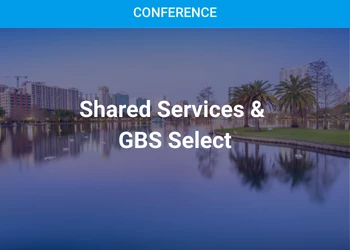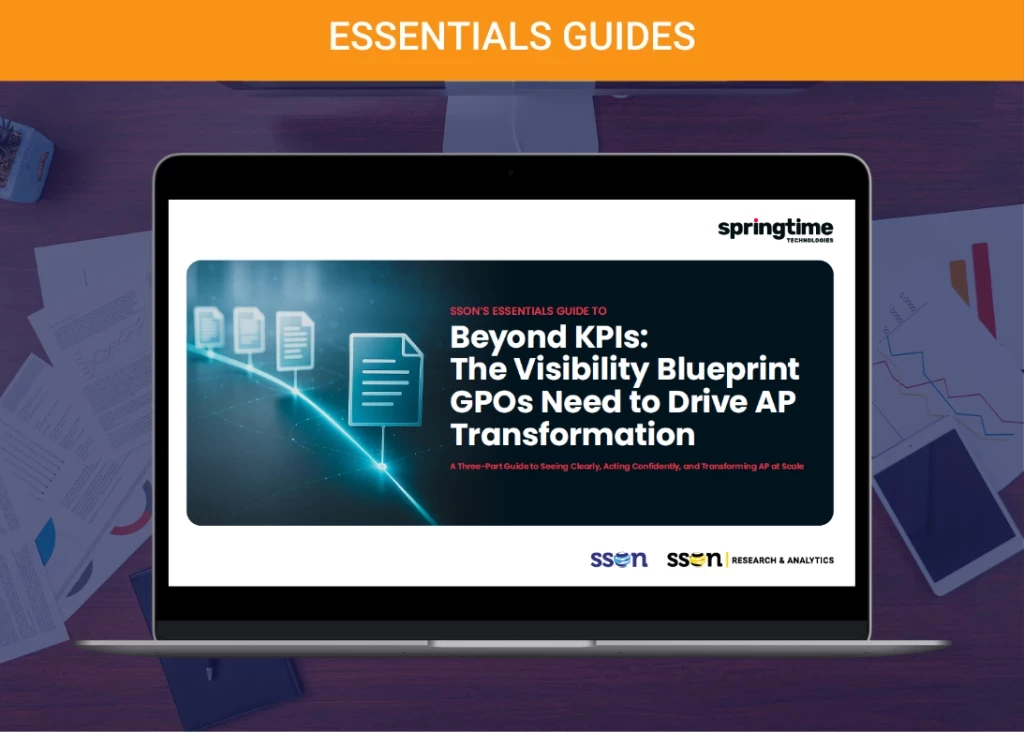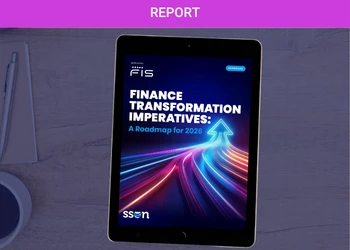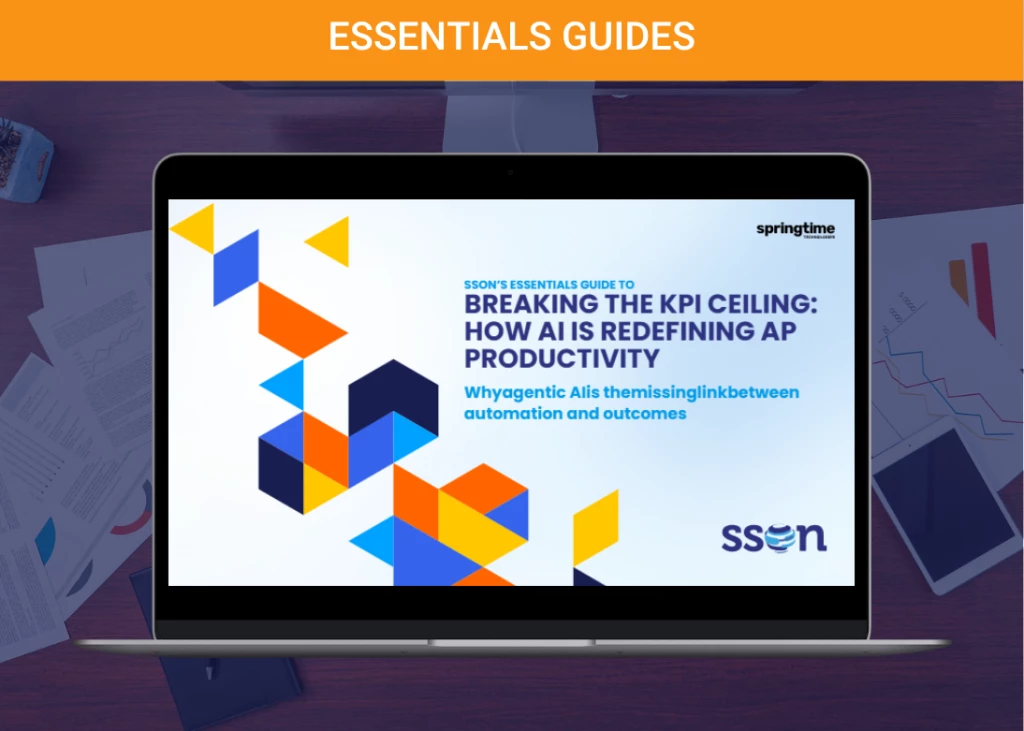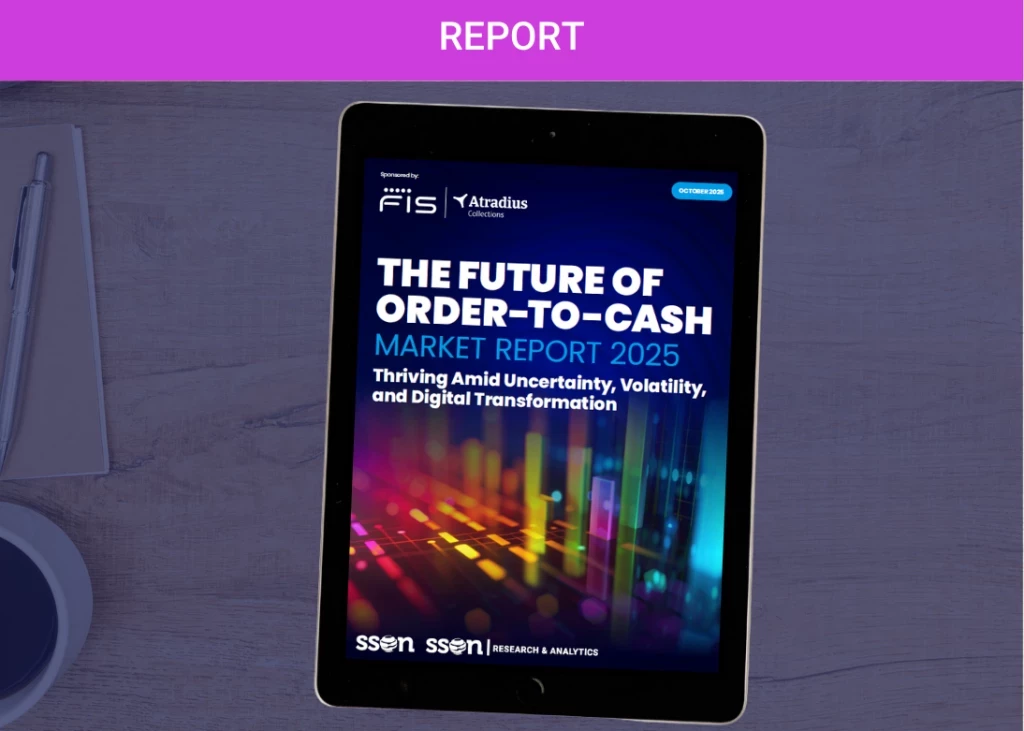Shangri-La Enables Expansion Plans with New Shared Services Model
How the Shared Services platform supports doubling hotels under management
Add bookmark
Top Asian Brand Relies on Shared Services
One of Asia's top brands is the Shangri-La Hotel group, epitomizing the elegance, attention to detail, and service excellence that defines this industry. Shared Services are enabling the group’s growth ambitions.
As of today, Shangri-La operates 102 hotels across the globe, but the management team has an ambition to double this number within the next 3-5 years. To enable this growth, Shangri-La requires a ‘plug and play’ model for operations.
The solution, Shangri-La’s CEO and CFO believed, was a Shared Services platform. As Shared Services advocates, they recognized that what the enterprise needed to support doubling the assets was a strong and experienced leader to set up a world class SSO.
Enter Thomas Hung, Vice President, Group Finance Shared Services at Shangri-La Hotels and Resorts, who had previously led GE's 400-strong APAC Finance in Global Operations center [one of five regional hubs], providing multifunctional services across 17 countries and six time zones.
After just over a year on the job, Hung has taken what was operating relatively in silos and developed a Finance Shared Services model in China based on the best practices he has led elsewhere.
"My experience in leading GE’s APAC Finance center was very intensive and highly insightful,” Hung explains. “I ran a big team with 20+ direct reports and lots of moving parts, under the excellence guidelines that GE sets for everything it does. There were lots of details regarding migration that we had to work through. As a means of preparing for my current job I could not have done better."
At Shangri-La, he is leading a transformation of the Finance function into the kind that is needed to support a ‘plug and play’ model.
The significance of the Shared Services model in furthering Shangri-La's growth objectives cannot be understated. "Transforming our finance into a best practice Shared Services is absolutely key in supporting our ability to meet our objective of doubling the hotels in the next 5 years. It's not just about benefiting the 102 hotels we operate currently, but it's about providing a state-of-the-art, plug and play model for the next 100,” Hung explains. “Without the Shared Services platform, it could be very challenging to meet such an aggressive timeline."
After just over a year on the job, Hung is able to point to significant achievements in standardizing, simplifying and digitalizing the accounts payable and payroll processes that justify the shared services strategy.
"We've achieved some quantitative as well as qualitative benefits already. But we are still in an early stage with more to realize in the future as we fully migrate to a shared services platform" he says. "One of the most significant benefits has been the digitalization of our Accounts Payable process, leveraging scanning, OCR technology and a digital workflow. So far, 29 hotels have already gone live for the system with 9 transitioned into the Shared Services and another 10 planned in the next six weeks.”
The achievement of transitioning half of Shangri-La’s hotels to a digitalized AP model within a year is remarkable.
Hung explains: "In the past, like many other organizations, we were primarily paper-based. However, we knew that if we wanted to migrate works from hotels to a Shared Services center, and thereby leverage best practices and optimized solutions, the first thing we had to solve was to standardize, simplify and then digitalize by leveraging technology, e.g., electronic document management and electronic workflow.”
Another area that has been in the spotlight is payroll, which at Shangri-La is managed by Finance. With so many hotels distributed across the globe, General Managers had tended to adopt their own approach, based on what they thought made the most sense. There was a lot of inconsistency as a result, across the group.
What that inconsistency highlighted, Hung says, is that hotels are not operating at optimal levels in terms of control and quality.
"We were able to pick out best practices as part of our efforts to standardize. What was really interesting was that, over time, some of the people who were unconvinced by the Shared Services approach began to see the benefits," he says.
For example, we identified a best practice where a few hotels have been using the system to approve personnel changes while many others were still using manual paper forms. “That shows such functionality has been available in the system but was not fully aware by many hotels. With standardization being the core approach, we can unlock this kind of existing capabilities and easily obtained buy-in from the stakeholders,” Hung points out.
Summary
The objectives of Shangri-La's new Finance Shared Services model are to enhance controllership and accounting quality, drive synergy across hotels, increase efficiency and effectiveness of finance processes, and enable a ‘plug and play’ model for new hotels. With this, Finance is truly operating as an enabler to Shangri-La's growth plans.
One of the tools Hung is relying on is the comprehensive list of real-time KPIs in SSON Analytics’ City Cube.
"As we measure our operations, our KPIs are cost, quality and speed,” Hung points out. “However, there are many KPIs within each of these headings. For performance management, we are tapping into the comprehensive metrics in SSON’s City Cube to understand what other operations in our region are able to achieve as well as benchmark against the shared services industry.”
Thomas Hung’s vision of being best in class, combined with his GE background, present him as one of the leading practitioners across the APAC region. SSON is delighted to include Shangri-La’s Shared Services among the organizations that share their SSO metrics online at .





